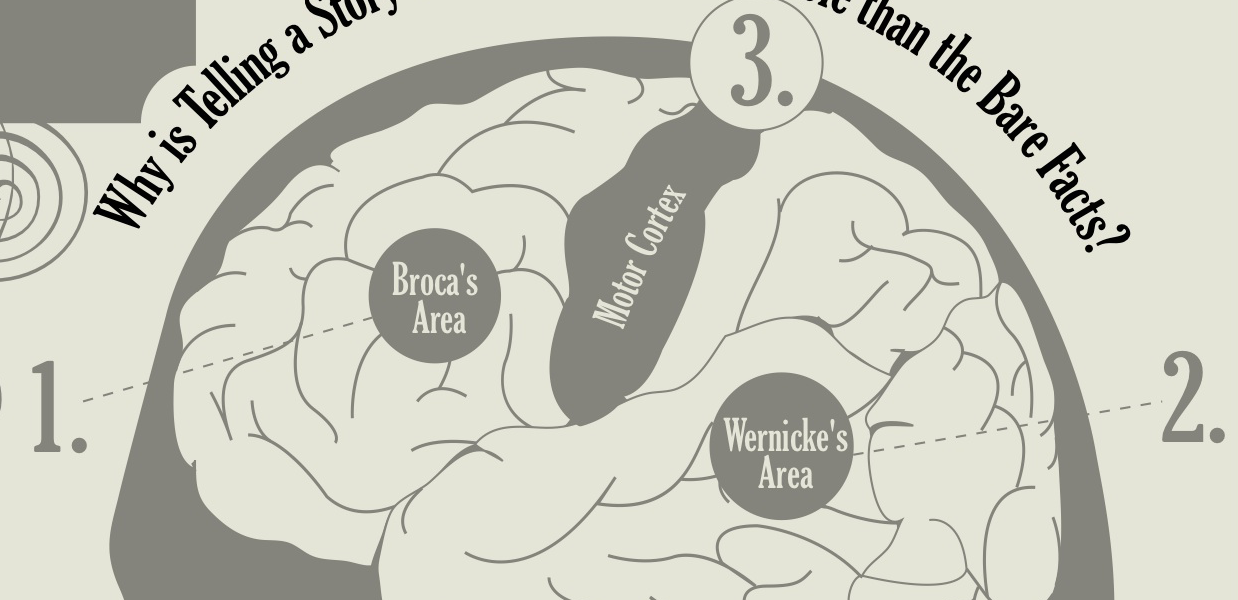It seems to me that as we get older and as our bodies’ strength and agility begins to decline, the importance of memory and our ability to tell life stories increase. Losing your memory before your physical health and mobility would be a devastating tragedy; like losing a child, no one should have to go through that. So I’m attuned to articles about the latest research on how to keep my mind and body agile as long as possible.
As a generation, just as we exercise our bodies to keep them healthy, we’ve found ways to exercise our minds. We lift puzzles and word games and math problems, take classes, and study literature. All of these activities are good for the brain.
Of particular interest to me because I’m a writer and a memoirist — one who deals in memories — are studies about how writing affects memory. Does writing memories down keep them alive? And does the act of writing affect the mind’s ability to hold onto them?
I’m forever telling my students, “Take notes. Even if you never re-read those note, you’ll remember what you’ve heard much better just because you wrote it down.” That’s been my experience. But, is it true?
According to the studies of Gestalt psychologist, Bluma Zeigarnik, just the opposite is true: we forget what we write down because the mind no longer has to hold onto it. (This is known as the Zeigarnik effect.)
Zeigarnik and other researchers found that once a task has been started, we tend to want to finish it; if our task is interrupted, it gnaws at our minds until we complete it. When we complete the task, we no longer need to remember its details, so we don’t. Her study has been replicated many times and the results support her conclusion.
That certainly explains all the nights I wake up with some unimportant but unfinished business bouncing around the inside of my skull keeping me awake. But those studies all had to do with tasks that had to be completed, not memories of life experience.
So that leaves me with my question about life memories. Does writing them down help us remember them better, and does it improve our memory in general?
Fortunately, there was a study, published in the Human Brain Mapping journal, which studied brain activity during brainstorming (planning a story) and creative writing (writing a new and creative literary text).
Participants brainstormed as many creative stories as possible during a specific, allotted time. They then expanded upon their brainstormed story ideas through creative writing. Participants carried out the brainstorming and creative writing while being fMRI scanned, allowing the researchers to examine how the brain’s cerebral network responded to the subjects’ activities.
The researchers found that brainstorming activated the frontal linguistic areas of the brain, suggesting an association between verbal thinking and the process of creating stories. (This makes sense.) During the creative writing tasks, the brain also showed activity in the areas associated with handwriting, language processing, and cognition — all areas that have previously been associated with memory.
It also turns out that when you write something down with pen and paper (handwriting), it stimulates a collection of cells knows as the Reticular Activating System (RAS). The RAS filters the information your mind needs to process and give more attention to what you’re currently focusing on. Therefore, the physical act of writing brings the information front and center and triggers your brain to pay close attention.
So the very act of writing activates memory. And when we write in the form of story, it helps us remember even more. Because when we are listening to or telling a story, not only these language areas of the brain come alive, the areas of the brain associated with experience are also activated. In other words, we experience story viscerally, as remembered experiences. And when strong emotions accompany those experiences, they stay with us longer.
What do you think about all this?
The following *infographic (click on it to download a pdf version) does a great job of explaining how writing and, in particular, storytelling, may positively affect memory.
References:
- Note: the author of this infographic does not cite sources for his information, but I like the infographic anyway.
- http://www.spring.org.uk/2011/02/the-zeigarnik-effect.php
- http://www.cbsnews.com/news/reading-writing-may-help-preserve-memory-in-older-age/
- http://www.apa.org/monitor/julaug06/memory.aspx
- Shah, Carolin et al. 2013. “Neural Correlates of Creative Writing: An fMRI Study.” Human Brain Mapping 34(5):1088–1101.








Your posts always give me something to chew on. The influence of hand writing vs computer or other mechanical means of getting the words down is a topic writers often debate. I use both methods, depending upon circumstances. Writing with a pen or pencil in hand is more emotional, though slower and harder to decipher later on.
But both methods help memory. And one memory brings up another, especially when mining childhood experiences. I don’t worry that much about forgetting what I’ve written, it helps in the editing process. : )
It’s true that one memory brings up another. Regarding handwriting vs computer — while handwriting has been proven to help remember tasks and information (such as lectures), and is also positive for child development, the very act of writing (the creative process) stimulates those areas of the brain used for working memory.
This must be one of the reasons I can remember words when I’m writing that I sometimes have a difficult time retrieving when I’m speaking 🙂
Interesting topic, Amber. My process for writing lately is to pen ideas and sometimes a beginning of a story or memory in my journal. I also organize myself with a pen like you’d do on a shopping list. It helps me prioritize my thinking. I am more comfortable sitting down with a pen than I am with a keyboard. The above comment is also very true for me. One thought written down leads to another.
Many thanks for this article. It was eye-opening. Lots of good info.
Pingback: Issue #36 The Magic Heron Newsletter – What creature teaches us how to do shadow work? -
Pingback: Issue #32 The Magic Heron Newsletter – What creature teaches us about mystery and independence? -